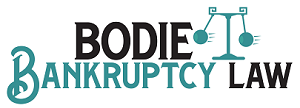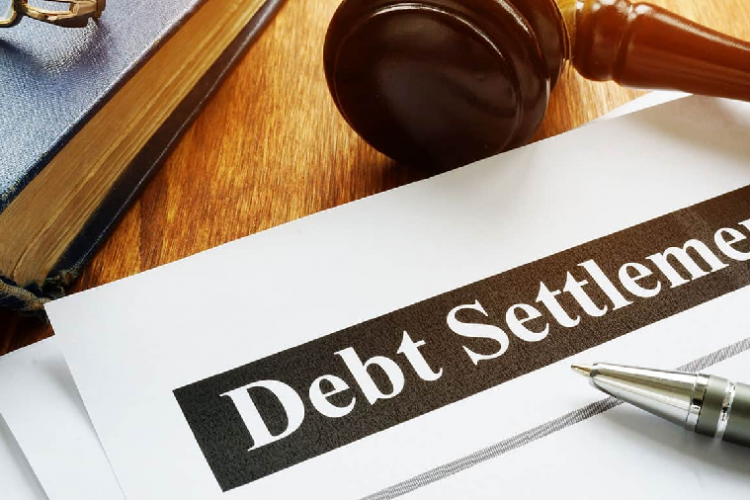When faced with a serious financial problem, you may feel like you are running out of options. Well, good ones, at least. But you should know that both debt settlement and bankruptcy are processes aimed at protecting you from the worst impacts of the financial problems.
However, do you know what each of the two options entails? And when is one preferable to the other? We wanted to learn that as well, so we asked bankruptcy law professionals at the Law Offices of Mark L. Miller in San Diego to shed some light on the situation.
Debt Settlement Basics
Debt settlement is fairly straightforward – it’s the process of convincing your creditors to accept a lower sum of money in order to settle the full debt. It can be pretty difficult to convince creditors to just write off parts of your debt for, which is why it is always recommended to have a professional help you in the negotiations. You can enter these talks on your own, but if you aren’t familiar with the minutia, your odds aren’t that good.
From the debtor’s side, debt settlement is a good move if they can get out of paying the full sum, while also being released from debt by the creditor or creditors. Also, not having bankruptcy in your credit score is a great motivator to try debt settlement first.
Why Debt Settlement Might Not Be Great
The primary reason why you need to think twice before going after debt settlement instead of bankruptcy is the tax hike that you can expect from it.
Your creditor will use the write-off of your debt as a way to lower their own tax liability. Essentially, the write-off will be treated as an income for you. Even though you will not get the money outright, having this debt forgiven is in a way getting phantom income.
If you can’t afford the additional tax burden, perhaps the debt settlement is not the right option for you.
The Basics of Bankruptcy
The other option to have your debt written off is bankruptcy. There are generally two types of bankruptcy given to individuals, Chapter 7 and Chapter 13. Chapter 13 essentially just restructures your debt and prolongs your payment window. More common option is Chapter 7.
With Chapter 7, your debts will be wiped clean and you will be protected from your creditors by the law. This immediate reprieve is what most people are looking for from their bankruptcy case. Another benefit of bankruptcy over debt settlement is that there will also not be any impact on your taxes thanks to the wording of the bankruptcy code.
The Downsides of Chapter 7 Bankruptcy
That being said, bankruptcy will appear in all of your credit reports for ten years, impacting your access to loans, housing and even employment in some cases. Chances are that your credit score will take a huge impact and that it will take a while to recover.
However, with a good plan and a responsible use of your assets, you should be able to build your credit score back up in a few years.
How to Choose Between the Two
There is no simple answer to this question. It always depends on your individual situation, as well as what you want from the process.
Perhaps the best option is to speak to a bankruptcy attorney or a different financial expert and explain the situation to them. They should have a fairly clear picture of what the best option for you is.
The most important thing is that you can get through the tough situation no matter which route you choose.

